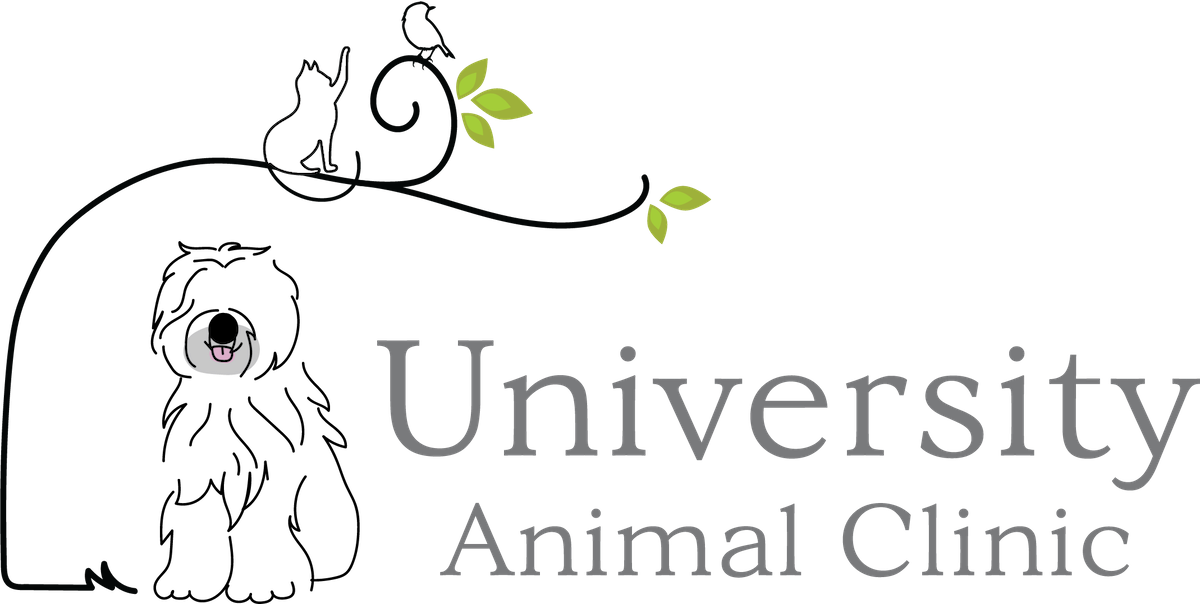As a veterinarian, I've witnessed firsthand the importance of heart health in our canine companions and the impact it has on their quality of life. This blog is designed to guide you through the complex world of canine cardiology, breaking down the technicalities into understandable insights. We will explore common heart diseases in dogs, their symptoms, diagnosis, and the latest advancements in treatment. As a pet owner, we aim to empower you with knowledge and understanding, enabling you to better care for your furry friend's heart health.
From preventive measures to managing existing conditions, join us on this informative expedition into the heart of canine wellness. Whether you want to deepen your understanding or seek guidance for a pet with heart issues, this blog will provide valuable information to help your beloved dog lead a happy, healthy life.
The Role of Genetics in Canine Cardiology
When it comes to understanding heart health in our canine friends, recognizing the role of genetics and breed-specific risks is crucial. Just as in humans, certain dog breeds are predisposed to particular types of heart diseases, making it important for pet owners to be aware of these risks for early detection and management.
.jpg)
Breed-Specific Heart Conditions
Genetics plays a significant part in the heart health of dogs. Research in veterinary cardiology has identified specific heart conditions that are more prevalent in certain breeds. This genetic predisposition means that some breeds are at a higher risk of developing heart problems purely based on their genetic makeup.
Boxers and Cavalier King Charles Spaniels: These breeds are commonly affected by heart diseases such as Myxomatous Mitral Valve Disease (MMVD) and Dilated Cardiomyopathy (DCM). In my experience, Cavalier King Charles Spaniels, a breed I personally own, are particularly susceptible to MMVD. Regular cardiac screenings, like annual echocardiograms, are recommended for these breeds. Despite her current health, I make sure my Cavalier undergoes an annual cardiac echo as a preventive measure due to the breed's known risks.
Common Heart Diseases Based on Size
- Large Breed Dogs: Breeds such as Dobermans, Great Danes, and Irish Wolfhounds often face a higher risk of Dilated Cardiomyopathy (DCM), a condition where the heart becomes enlarged and struggles to pump blood effectively.
- Small Breed Dogs: Smaller breeds, including Pomeranians, Dachshunds, and Toy Poodles, are more prone to developing heart valve diseases, particularly affecting the mitral valve. This can lead to conditions such as congestive heart failure as they age.
Understanding Enlarged Hearts and Heart Failure
An enlarged heart, medically known as cardiomegaly, occurs when a part of the heart becomes abnormally large due to underlying health issues. This enlargement is often a response to stress on the heart, such as from a faulty valve or high blood pressure, and can lead to heart failure if left untreated. Heart failure in dogs, much like in humans, is a condition where the heart struggles to pump blood effectively throughout the body.
Recognizing the Symptoms
Symptoms of heart failure can vary depending on whether it is right-sided or left-sided. Right-sided failure often leads to fluid accumulation in the abdomen, while left-sided failure can cause fluid buildup in the lungs.
Common signs to watch for include:
- Wet coughing
- Difficulty breathing
- Lethargy
- Exercise intolerance
- In severe cases, fainting
If you notice these symptoms in your dog, especially a sudden onset of respiratory distress, it's crucial to seek veterinary care immediately.
.jpg) Early Detection and Intervention
Early Detection and Intervention
Regular veterinary exams are key. Annual check-ups are recommended for younger dogs, while older dogs or those with known issues like heart murmurs should be seen semi-annually. Regular veterinary check-ups and cardiac screenings are vital for breeds at higher risk of heart disease. These checks can help in early detection and timely intervention, which can significantly improve the prognosis and quality of life for dogs with heart conditions.
As veterinarians, we can detect early signs of an enlarged heart or heart failure during routine exams, often before symptoms become noticeable. Early intervention can significantly alter the course of the disease. Ideally, we want to catch heart conditions before they manifest symptoms.
Treatment and Management
While we cannot reverse an enlarged heart, treatment focuses on supporting heart function and reducing symptoms. This typically involves medications to manage blood pressure, reduce fluid buildup, and improve heart function. In some cases, dietary changes and moderate exercise may also be recommended. Early detection and management are key to slowing the disease's progression and maintaining your dog's quality of life.
The Importance of Diet
Diet plays a significant role in a dog's heart health. There's a notable correlation between grain-free diets and DCM. While we await more research, many veterinarians, myself included, have observed improvements in heart health when dogs are switched off grain-free food.
And the Beat Goes On
From understanding the genetic predispositions of certain breeds to recognizing the early signs of heart conditions such as enlarged hearts or heart failure, being informed is always the first step. Regular veterinary check-ups, tailored nutrition, and being attentive to changes in your dog's behavior and physical condition are fundamental. Remember, your proactive approach and understanding can significantly impact your canine's cardiac health. By working closely with your veterinarian, you are taking one giant step forward to ensure your pup enjoys a happy, healthy life filled with love and care. Let's continue to listen to the heartbeats of our loyal companions and do our utmost to keep those tails wagging and hearts strong.
If you have questions and you'd like to reach out to us, you can call us directly at (941) 253-5218, or you can email us at staff@uacvet.com. Don't forget to follow us on social media Facebook, Instagram.
